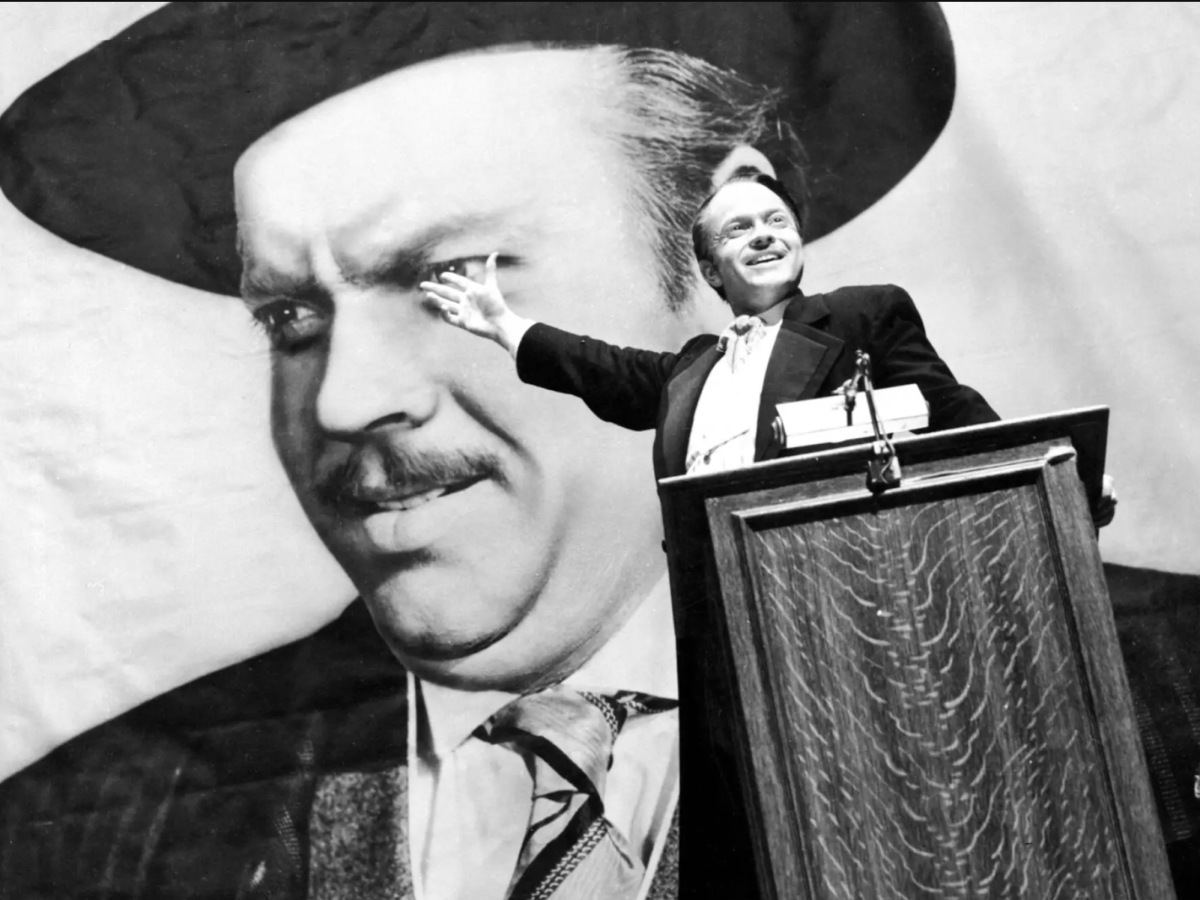
The Best Films of the 1940s Decade
The greatest films of the 1940s, from Italian neorealism to the birth of film noirs.
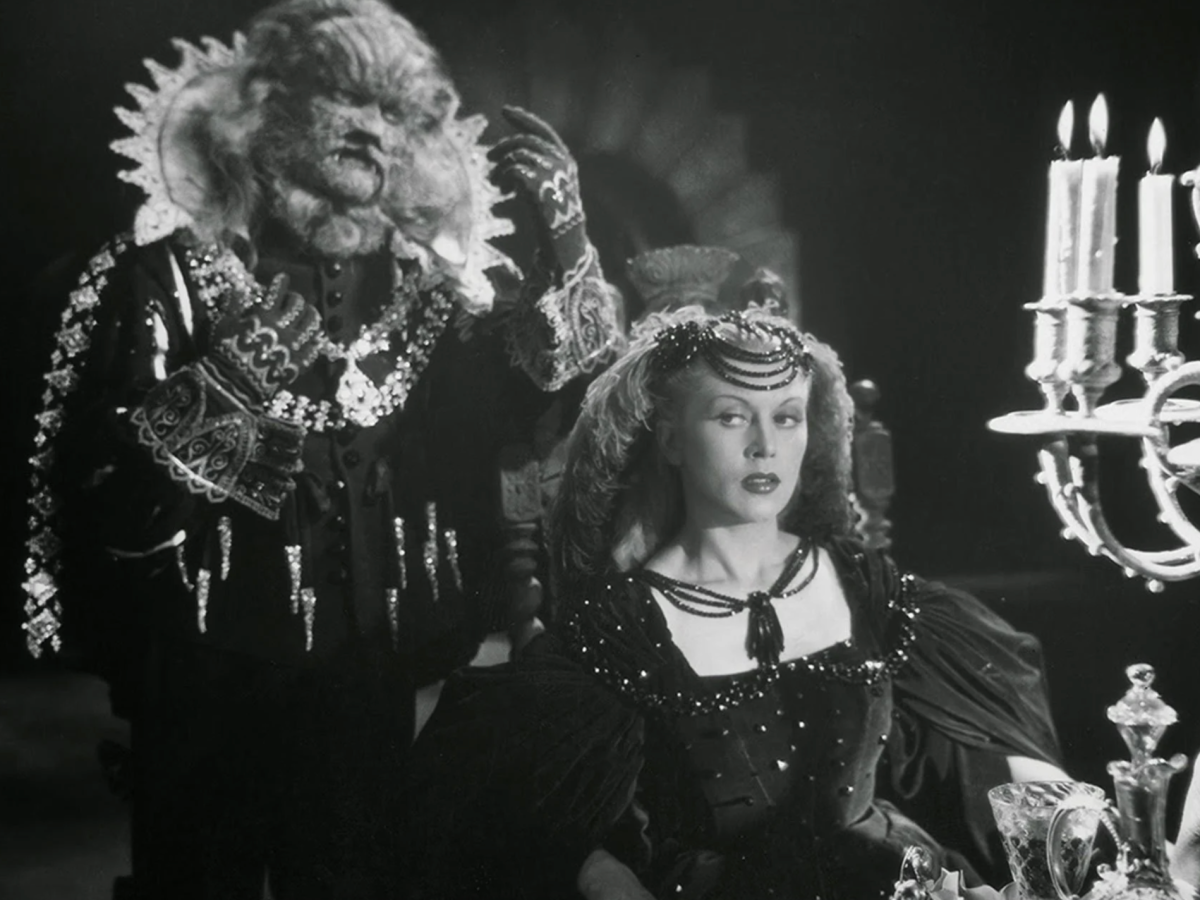
Beauty and the Beast (1946)
It is not just the fantastical designs and living furniture which imbue the enchanted castle of Jean Cocteau’s Beauty and the Beast with an air of otherworldly awe, but its illusory logic makes for a dreamscape as inventively surreal as it is fearsome, penetrating deceptive facades of beauty and ugliness that conceal the true nature of our humanity.
Keep reading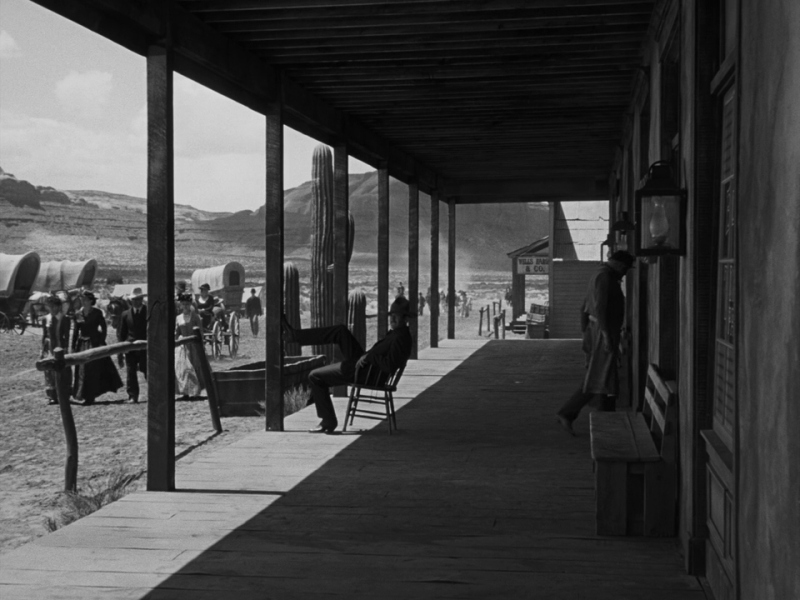
My Darling Clementine (1946)
Through John Ford’s grand cinematic mythologising in My Darling Clementine, lawman Wyatt Earp becomes a guardian of modern civilisation and legendary hero of the American frontier, cultivating seeds of growth in the rural town of Tombstone while challenging those who threaten to spoil its future.
Keep reading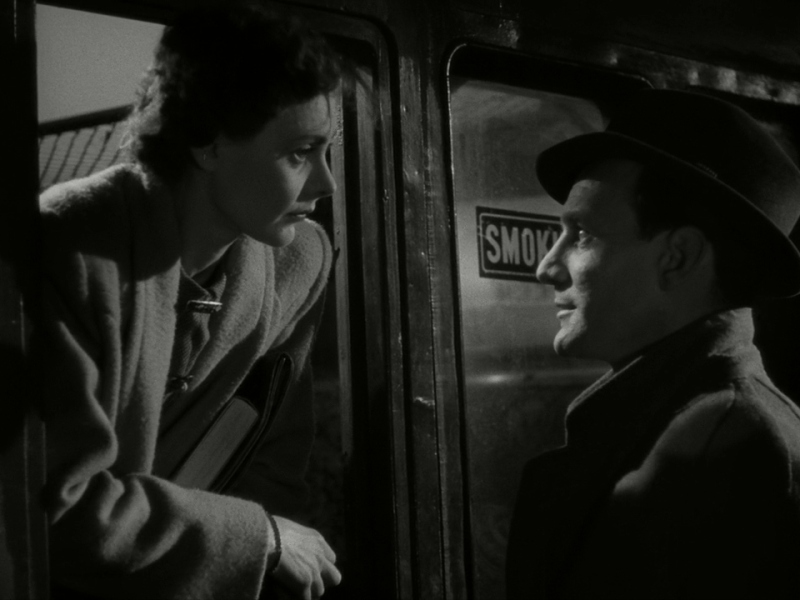
Brief Encounter (1945)
Time is a precious resource at the train station where the secret lovers of Brief Encounter fall into a reverie, though David Lean exerts a fine control over its gentle flow in Laura’s nostalgic recollections, intertwining love and guilt within a complex affair that forces this heartbroken housewife into an even greater repression.
Keep reading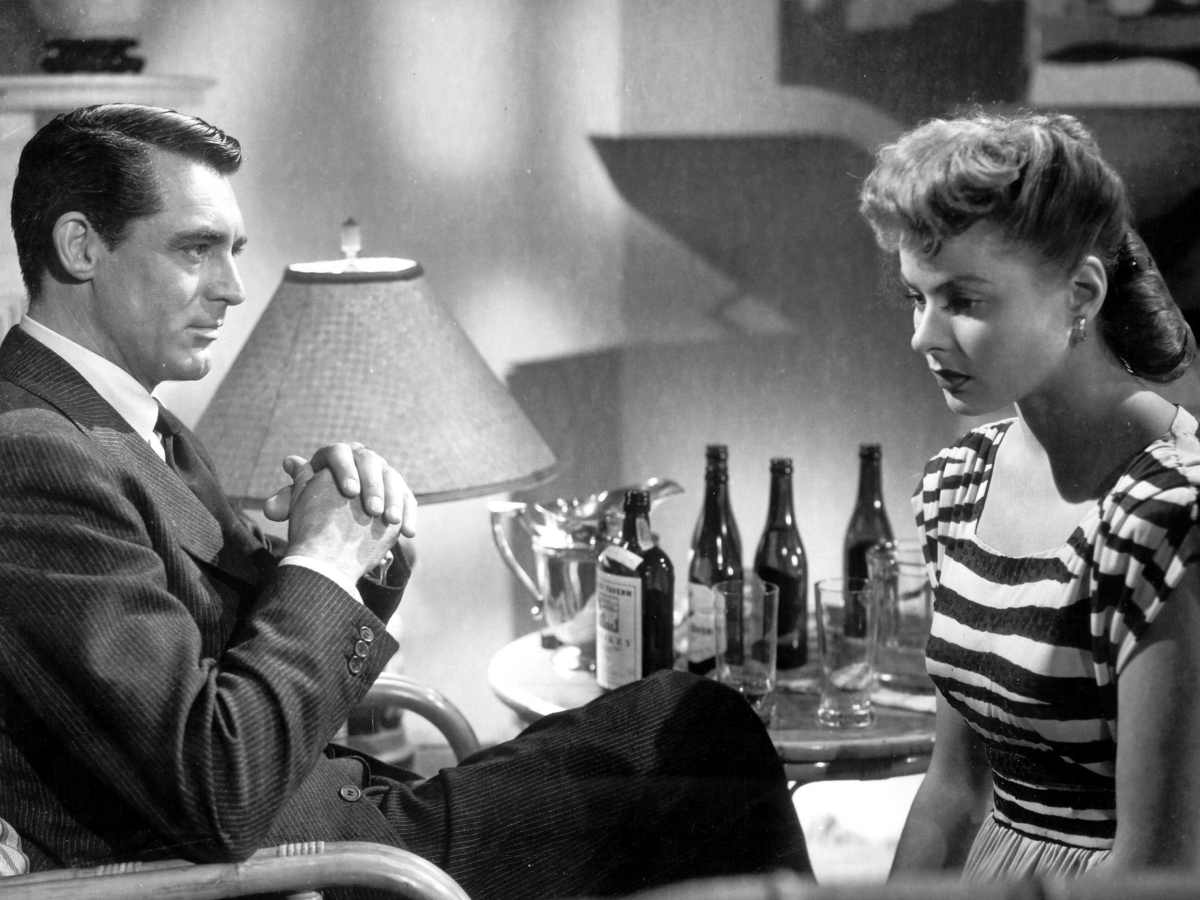
Notorious (1946)
There is remarkable dramatic tension in Notorious’ thickly plotted conflict of romance and thriller conventions that tugs a pair of post-war spies between deep passion and cold pragmatism, but through his motifs of seemingly innocuous refreshments Alfred Hitchcock also develops an even more intricate formal structure, containing darker secrets within them than one might expect.
Keep reading
The Killers (1946)
The many acquaintances of one young murder victim each hold a piece of the puzzle to his mysterious death in The Killers, and as Robert Siodmak traces his life back through splintered collections of memories, clues, and treacherous triple crosses, the layers of his fatally obsessive insecurity begin to unfurl.
Keep reading
The Woman in the Window (1944)
The nervous mistrust built into the duplicitous narrative and motifs in The Woman in the Window speaks to film noir’s most classical archetypes, and in further literalising the genre’s expressionist nightmares Fritz Lang delves even deeper into one naïve professor’s dreams of seduction, murder, and subterfuge.
Keep readingLoading…
Something went wrong. Please refresh the page and/or try again.

